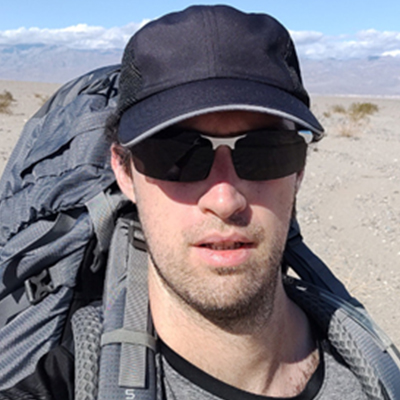
Shlomi’s work develops the rigorous theoretical foundations of partially-coherent light transport and light-matter interaction under physical optics. He would like to realize a cohesive computational theory that is able to propagate partially-coherent light globally throughout a scene, predict the optical response induced by interaction of that light with matter and how these interactions affect the properties of light. Beyond the applications to realistic rendering in movies and multimedia, this work aims to address the more general challenges of the study of propagation of electromagnetic waves in complex settings, such as: analysis and simulation of radar, WiFi and cellular signals in urban environment, non-optical imaging with such waves, non-line-of-sight imaging and more.
Shlomi is a 3rd year computer science Ph.D. candidate at the University of California, Santa Barbara, advised by Professor Lingqi Yan. His research interests reside between the realms of computer graphics and computational electrodynamics. The broad goal of his research is to develop the theory, analytic models and computational tools for physical light transport — the computational discipline that studies the simulation of the physical behaviour of partially-coherent light in complicated environments, in a physically-accurate and computationally-tractable manner.
